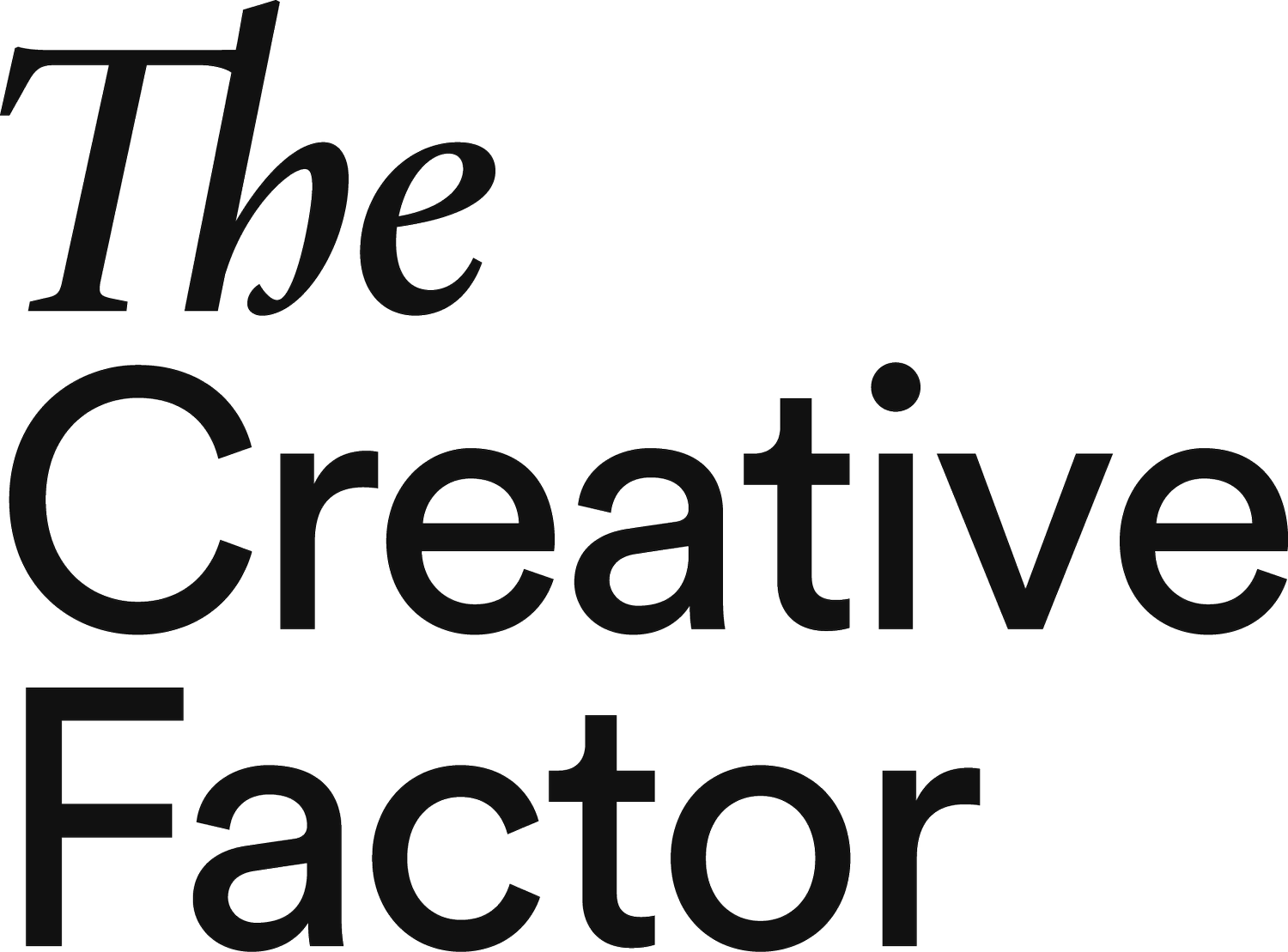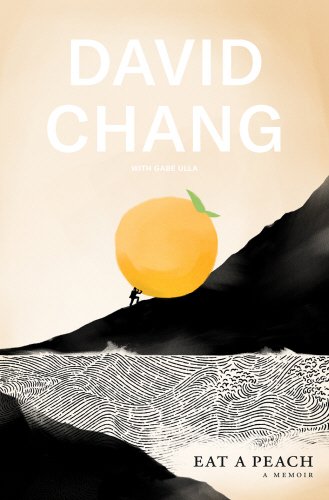10 Creative Truths From Momofuku Chef David Chang
David Chang says there are bad ideas, but that all ideas are worth chasing. Images: © Andrew Bezek
During the course of a successful project, there’s often a moment where “The Creative Factor” of an individual takes the work from good to great. It’s that intangible measurement of innovation and risk that helps develop unique and memorable work.
While creativity is often considered a trait that only artsy, innovative people receive at birth, the truth is creativity is a (highly-desirable!) skill that can be honed and improved. To become more creative, just as with any talent, requires practice and exposure to those in the arts as well as those in other, often overlooked industries and professions. It’s beneficial to understand their unique recipe of principles and practice.
This CF Book Report is our way of going inside the minds and methods shaping craft, career, and culture to highlight smart solutions and innovative thinking that we can apply to our own “Creative Factor.” In Eat a Peach, Momofuku founder David Chang, the rule-breaking chef who made the underground mainstream and reshaped the culinary landscape shares his creative ethos and lays bare his leadership mistakes–Chang never compromised, for better and worse. Here are 10 of Chang’s creative truths and insights. Work into your pursuits as you see fit.
“‘You’re always going to lose when you play someone else’s game.’...Allan Benton personally bestowed me with this nugget of wisdom. And once he said it, I realize Momofuku couldn’t tell anyone else’s story. We got rid of the dumplings and everything else that wasn’t ours. We dedicated ourselves to making people play our game instead. By the time we started writing the Momofuku cookbook, other restaurants were already copying our recipes. I was shocked, both by the fact that people were taking our cooking seriously and also that anyone would choose imitation as a strategy–a surefire path to mediocrity.”
“A good chef never forgets that this is a business. All the extra-curricular sh*t we do outside the restaurant should be in the service of putting asses in the seats.”
“The idea of authenticity comes up a lot in the culinary world, both as an ideal and as a criticism. In this conversation, there are usually more questions than answers. What makes something authentic? Is it always better to be authentic? Is authenticity the enemy of innovation? Honestly, having heard these questions ad nauseam, I’m bored by the whole topic…We humans are more alike in our tastes than we think. Even with completely different tools and ingredients, we’re bound to arrive at the same conclusions.”
“I was constantly vacillating between extreme confidence and paralyzing self-doubt. I was comforted by the revelation that coming up against failure heads-on is a powerful motivating tool. It means you’ve already stared the worst-case scenario in the face. It also means that you have more data than everyone else, freeing you up to take risks others won’t. By confronting failure, you take fear out of the equation.”
“I’ve found the best moment to start working on a new dish is the hour before the doors open, when everyone on staff is rushing to shovel food into their mouths and finish their mise en place; every kind of distraction is sure to present itself. On paper, it’s the worst possible time to try to be creative, but for that exact reason you end up with no choice but to make decisions and stick to them. You print the dish description on the menu and then you make it work. You can refine it later, but the only way to shut out all the unnecessary doubts in your head is to impose a deadline, and five-thirty p.m. is as good a time as any.”
“Cuisine has always evolved through collision, even if we don’t always notice…”
“We tried not to fret over our deficiencies in money, space, and infrastructure. Viewed pessimistically, there were all complications working against us, but they could also inspire creativity…If you looked at our old menu, you might easily mistake what we were doing as being bold or visionary, but in fact almost all of it was informed by pure necessity.”
“…don’t drink more Pappy than water.”
“It didn’t matter to me what your personal needs were. Any needs you had were indicative of frailty and I was of the mind that there was no place for weakness in our company. I convinced myself that basic human needs were selfish; ergo, if you needed something beyond the work, you were a bad person. I had conflated my own selfishness with selflessness. I was miserable to work for.”
“When I’m working through an idea or a recipe, I like to scribble on a whiteboard: one thought connects to another, to another, which breeds a new insight, and so on until you have a meandering, interconnected web of ideas encircling the main subject.”
“Cuisine has always evolved through collision, even if we don’t always notice…Deliciousness is a meme. Its appeal is universal, and it will spread without consideration of borders or prejudice.”
“There are bad ideas, but all ideas are worth chasing. Sometimes when you’re sure a certain idea will be a failure, you end up surprising yourself and it turns out better than you thought. But I promise that if you take the idea out as as far as you can and try as many ways of getting there as possible, at some point you will learn something that makes it worthwhile.”
If you’d like to read more from The Creative Factor, sign up for our newsletter.
Plus, check out the following pieces:


